My Journeys in the Landscape of Volunteering
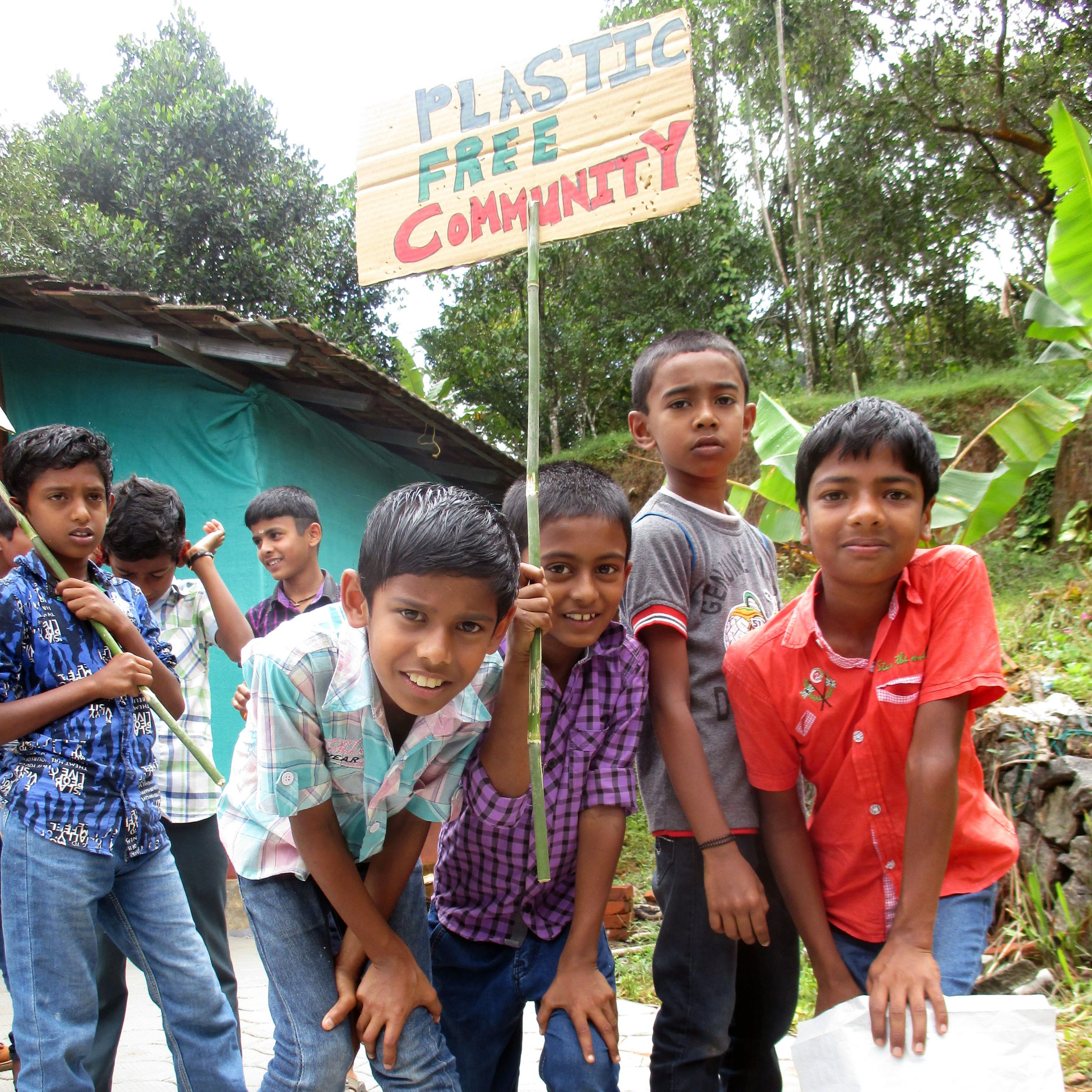
98 teddy bears – looking back, that’s what marks the beginning of my longtime commitmen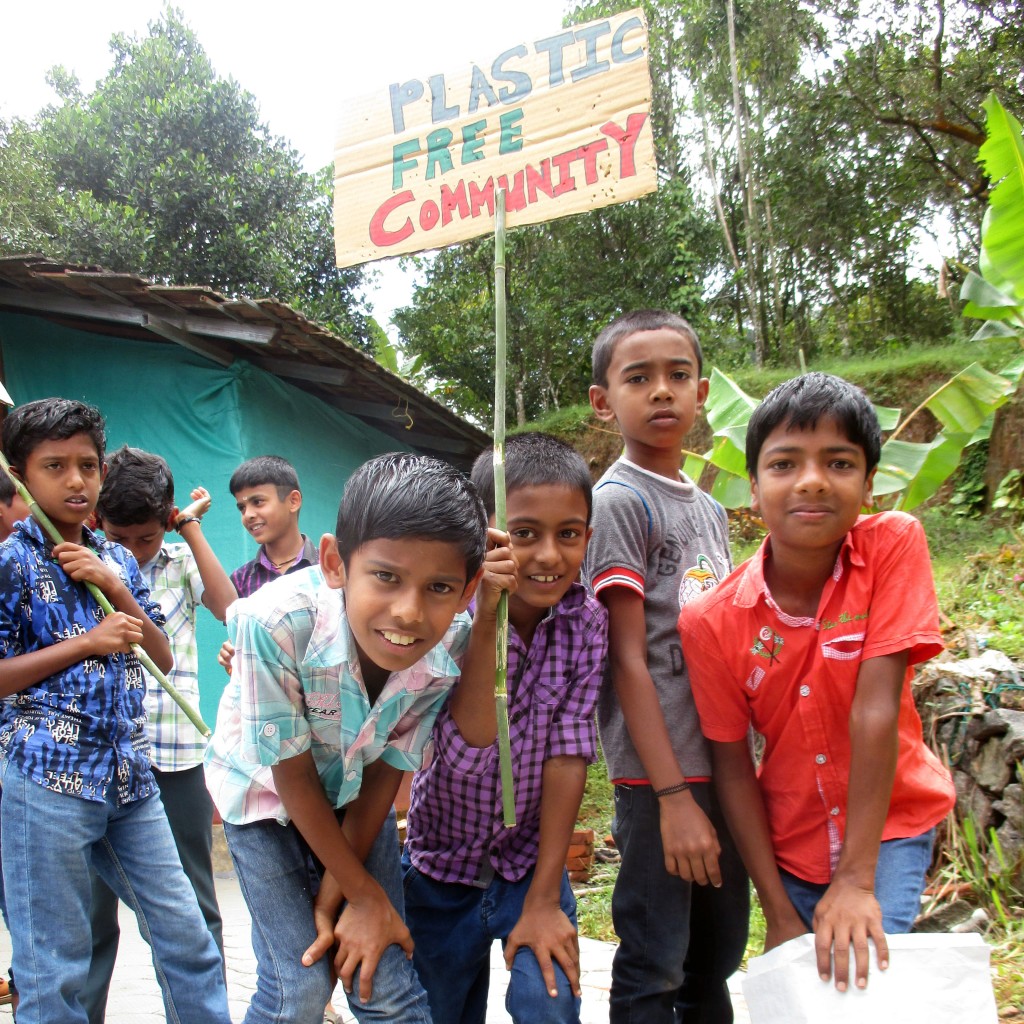 t to volunteering. As a child (and with the help of an obliging mother), I volunteered several hours of my time to collect donations of teddy bears to be sent to a local children’s hospital. 98 bears and 15 years later, I can say that volunteering has been one of the longest “constants” in my life. However, my thoughts on the subject of volunteerism have changed drastically since I was younger – in part, thanks to my time as a Field Fellow with Profugo.
t to volunteering. As a child (and with the help of an obliging mother), I volunteered several hours of my time to collect donations of teddy bears to be sent to a local children’s hospital. 98 bears and 15 years later, I can say that volunteering has been one of the longest “constants” in my life. However, my thoughts on the subject of volunteerism have changed drastically since I was younger – in part, thanks to my time as a Field Fellow with Profugo.
As a young adult, I devoted thousands of hours to various causes in my community. I volunteered much of that time to doing odd jobs at the local hospital, organizing events like canned food drives, and serving meals at soup kitchens in my hometown. My regular participation in these projects instilled in me a deeper connection to my hometown than I had ever had before. The work anchored me to the community by exposing me to the rich diversity of the people that I worked with and alongside for all those years – people I may not have come to know otherwise.
But, after years of volunteering with these sorts of projects, something began to gnaw at me. It became clear to me that, regardless of how many canned food drives I organized or meals I served, I ultimately was doing nothing to help prevent people from suffering the burden of food insecurity in the first place. And, I never once worked in a place that truly sought the opinion of those that we were serving – were these services what people wanted or needed most? Did everyone find them culturally-appropriate, or did they just serve a choice group of people?
Certainly, these acts were not inherently wrong, and my intentions were good. But as I entered college and began to be exposed to different sorts of volunteer projects – many of them imbued with social justice principles – I began to learn a new way to approach volunteerism. Whereas my old conception of volunteering was centered on an “us helping them” approach, this new perspective was focused on the importance of fostering partnerships and working collaboratively in a way that reduces the separation between “us” and “them.” In this framework, those of us looking to help out a particular group of people should not only seek out the input and feedback from members of that group, but also step back and serve as a resource – not an authority – to that group. Ultimately, the aim to provide more sustainable, culturally-appropriate solutions while building up the most precious resource of all in any community – human resource.
This collaborative approach to volunteerism was a radical shift for me. It provided me with some tools that allowed me to better serve and foster community, which is what I was seeking to do ever since I started volunteering.
This commitment – a commitment to collaborative and community-driven approaches to volunteerism – was one that I grasped onto stronger than ever when I went to volunteer abroad, including in Prashanthagiri village, Kerala, India as a Profugo Field Fellow. In fact, I would not have volunteered with Profugo had I not understood their approach to program design and management to be community-centered and driven by input collected by the organization’s staff members, who were lifelong members of the community.
It was during this time abroad that the “us/them” divide that I had so long been working to mitigate in my work in the U.S. became more real to me than ever before: in many spaces, I was one of only a few foreigners, Americans, white, or middle class people. I was extremely sensitive of the fact that, because of these characteristics, and as an outsider in Prashanthagiri, it was extremely important to work collaboratively with both local staff and village residents. And, though it was challenging at times, this collaborative approach to the work required us volunteers to maintain a sense of humility to understand that we could not do everything that we believed we should do; ultimately, community members themselves know best what they need, and what solutions may be appropriate given their circumstances and cultural beliefs. If Profugo staffers had not assessed community need and support for projects, as well as encouraged community involvement with the work to be done, the programs would be unsustainable, as well as potentially just a wrong fit for the community in Prashanthagiri.
When I return from volunteer appointments abroad, people often say something along the lines of how great it is that I helped empower people abroad. But the word “empower” makes me cringe. The power was never mine to give; it always was with the people I worked with in Prashanthagiri – I was there primarily to provide programmatic and technical support. So I will continue to challenge myself with every new appointment abroad: am I doing this work for people, or am I working with them to ensure that my projects are sustainable and culturally-appropriate?
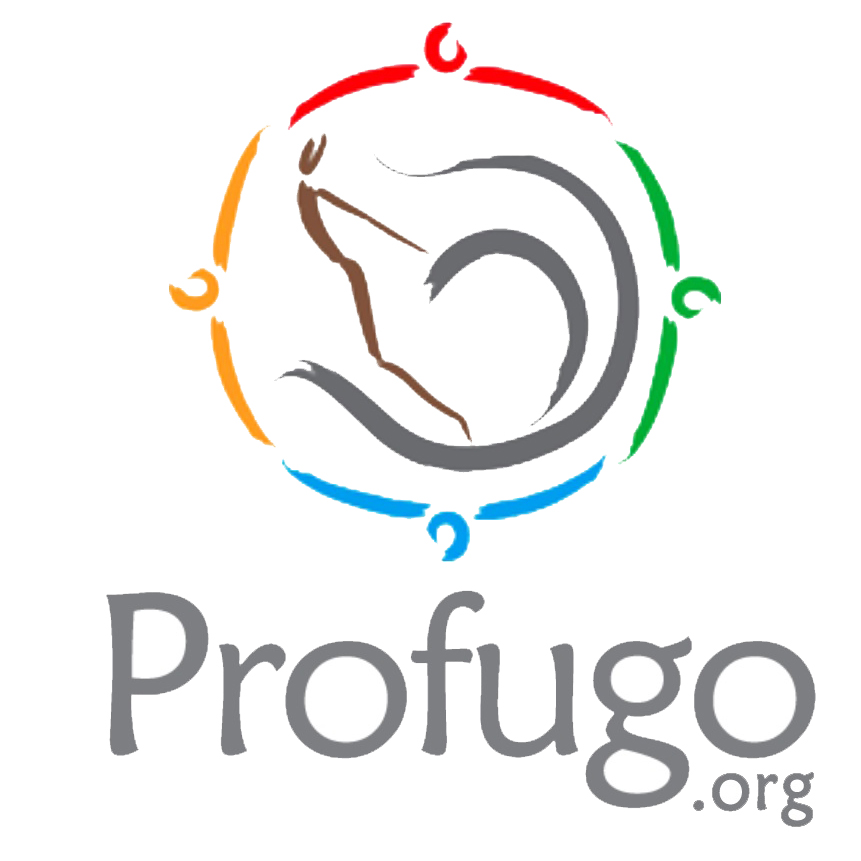
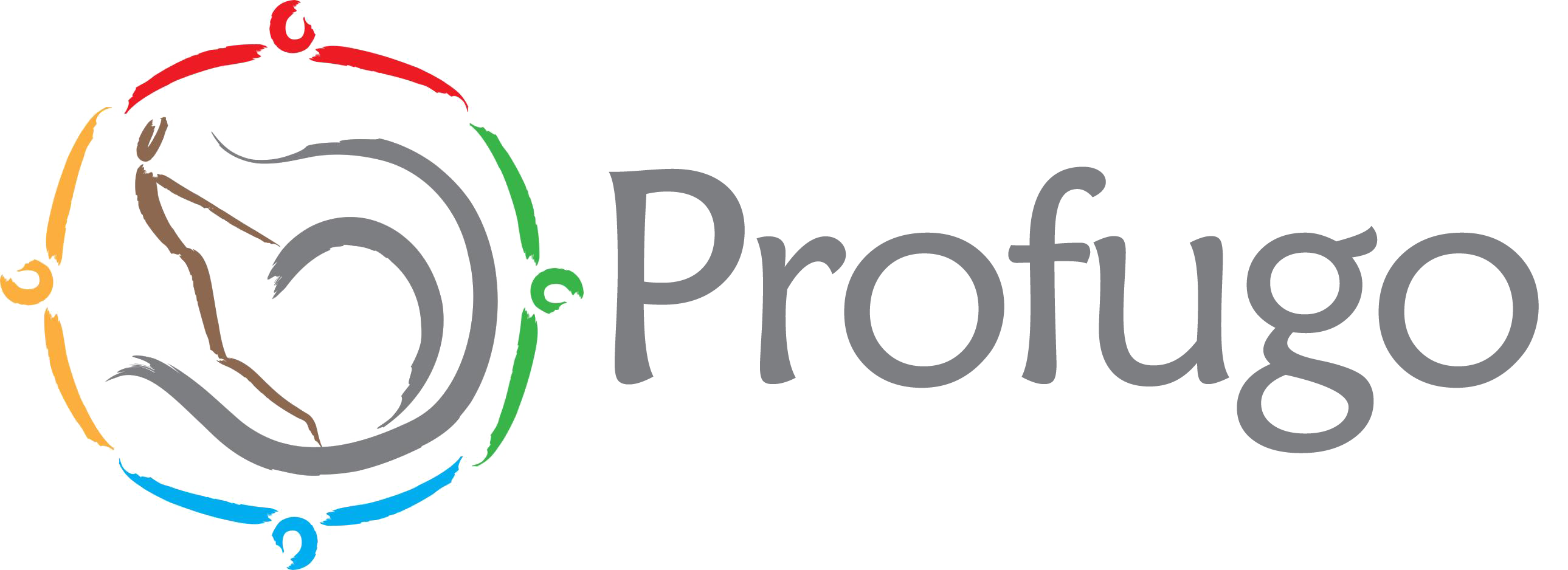

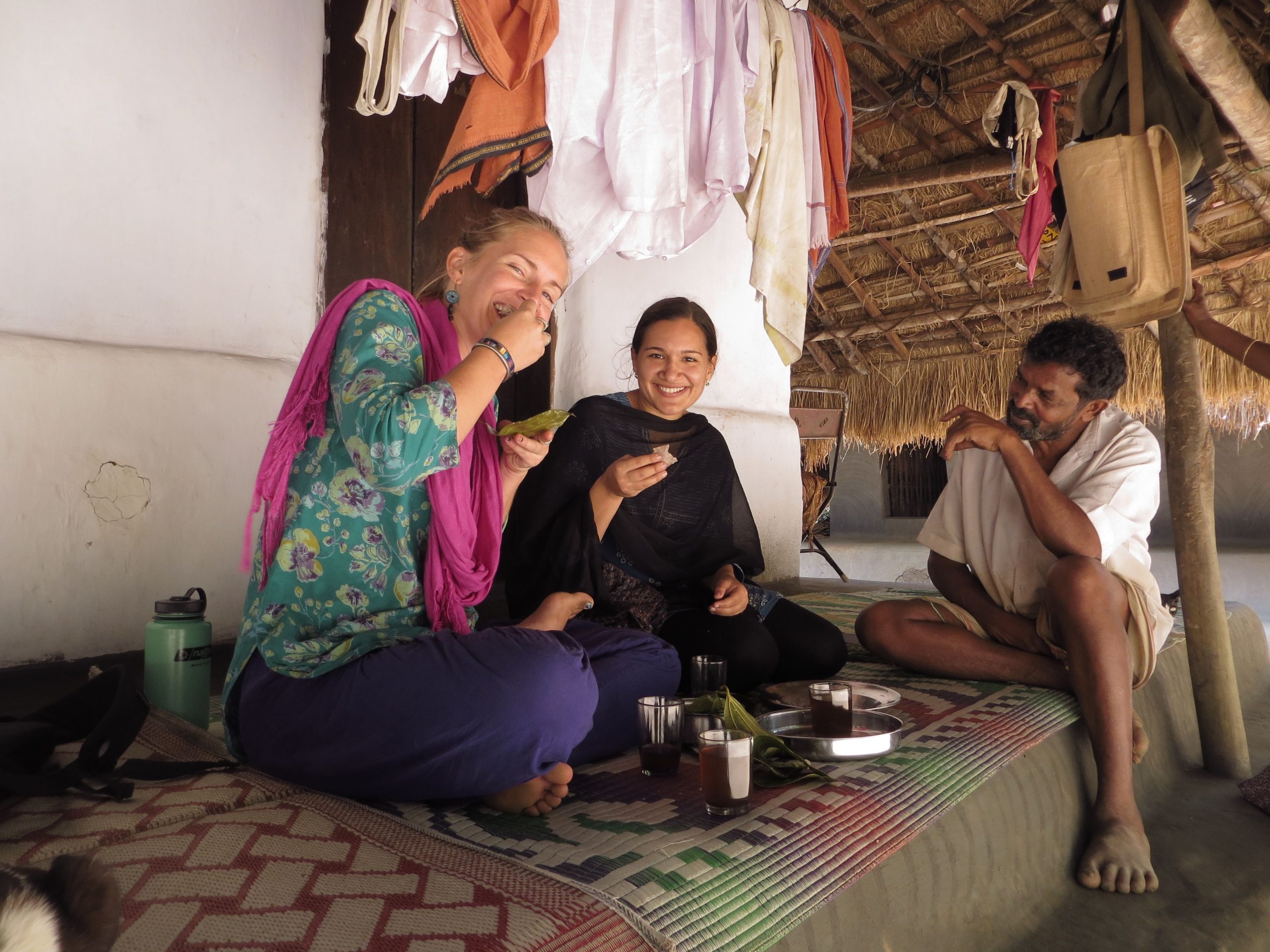
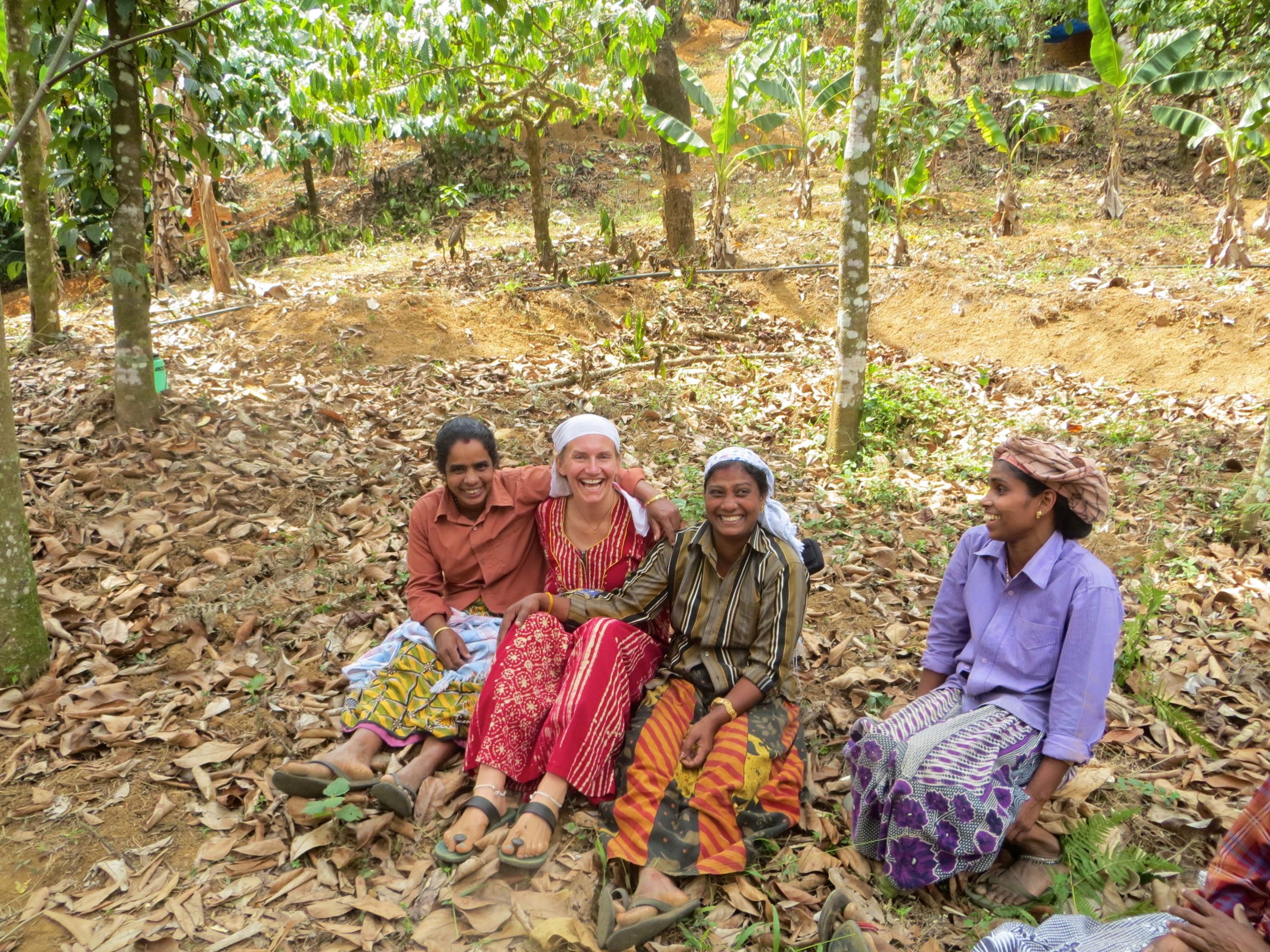
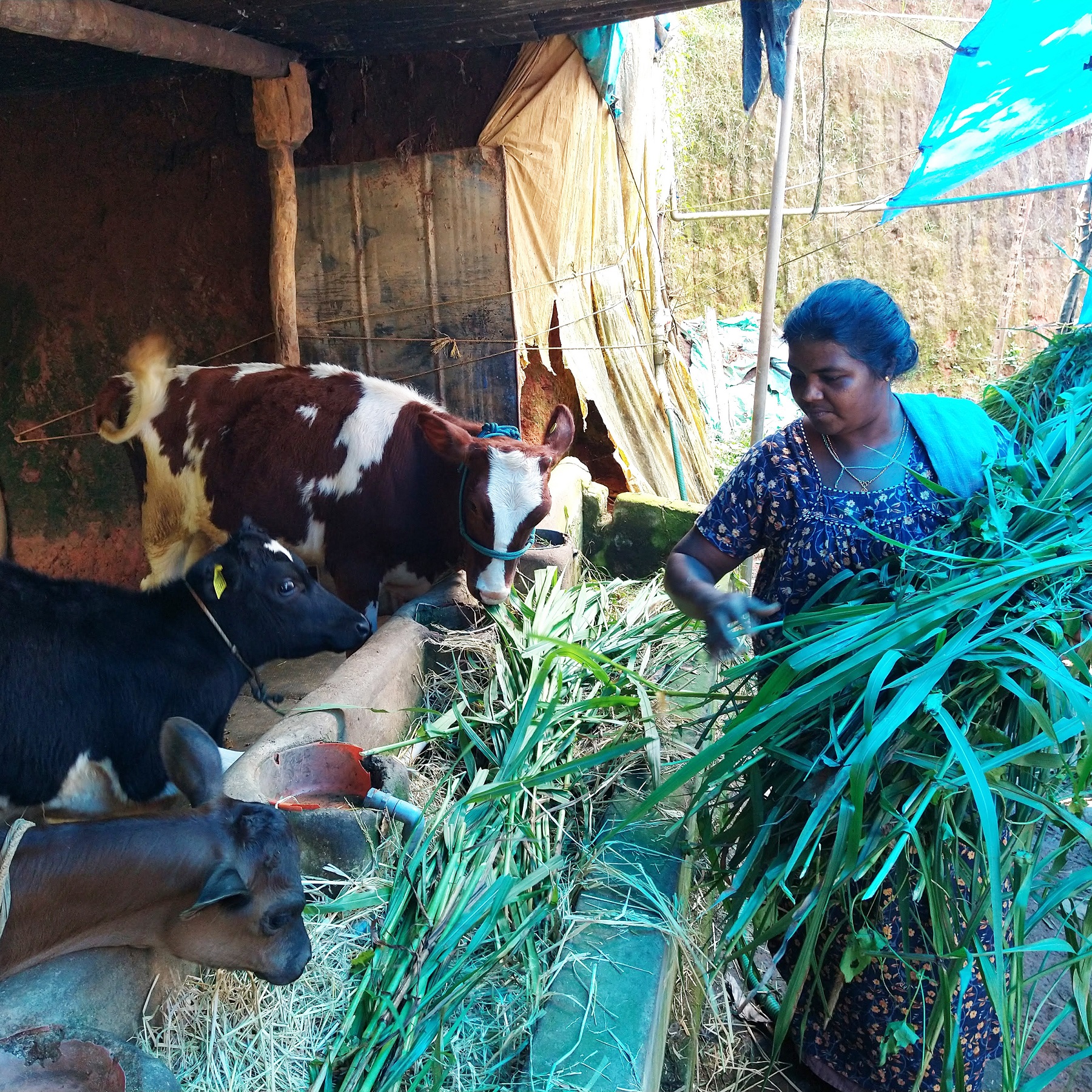
Leave a Reply
You must be logged in to post a comment.